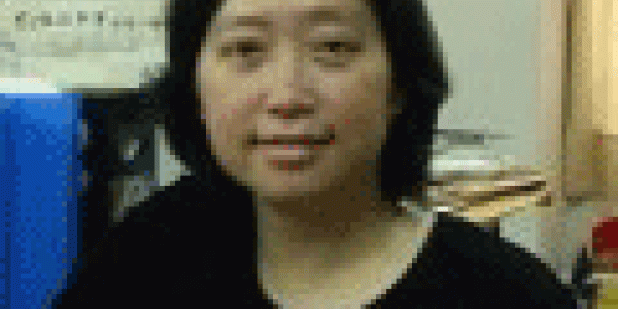Join us for a free one-day workshop for educators at the Japanese American National Museum, hosted by the USC U.S.-China Institute and the National Consortium for Teaching about Asia. This workshop will include a guided tour of the beloved exhibition Common Ground: The Heart of Community, slated to close permanently in January 2025. Following the tour, learn strategies for engaging students in the primary source artifacts, images, and documents found in JANM’s vast collection and discover classroom-ready resources to support teaching and learning about the Japanese American experience.
Fighting for the Seats: Gender Quota and State Feminism in South Korea and Taiwan
UCLA hosts a talk with Chang-Ling Huang from National Taiwan University.

For years South Korea and Taiwan are known for their successful economic development. Little did the world realize that these two countries in recent years have also made significant progress in promoting gender equality. Democratic governments under Kim Dae Jung and Noh Mu Hyun in Korea and Chen Shui-Bian in Taiwan, have proactively followed the global strategy of gender mainstreaming. When feminists no longer treated the states with animosity and the states no longer behaved like patriarchal enemies, the relations between feminist movements and the states have strong implications for the state-society relations as well as democratic institutions.
One of the most significant institutional features in South Korea and Taiwan’s pursuits for gender parity is the adoption of gender quotas. Feminist movements in these two countries interacted with various political forces, including the reconfigured states, to make gender quotas part of the political institutions. Not only did political parties adopt gender quotas in candidate nominations, the states have also applied gender quotas in various fields. This project compares the adoption of gender quotas in both electoral and non-electoral representations and explores the source of their difference. Although Taiwan shows a greater degree of women’s electoral representation, its non-electoral representation for women is significantly lower than that of Korea. The difference is attributed to the difference in women’s policy machineries. While South Korea established a formal bureaucratic organization, the Ministry of Gender Equality and Family Affairs, Taiwan’s efforts in promoting gender equality have been more election-driven.
Chang-Ling Huang is an associate professor of political science at the National Taiwan University. She received her Ph. D. from the University of Chicago. Her research interests include gender politics, labor politics, and state-society relation. She has published in various journals including Developing Economies, Anthropology of Work Review, American Journal of Public Health and Issues & Studies. Her current research project is a comparative study on state feminism in South Korea and Taiwan, in which she examines how the states in these two newly democratized countries have been actively promoting gender equality.
Professor Huang received the Outstanding Teaching Award in 2007 at the National Taiwan University. In addition to her academic career, since 2000 she has been a board member of the Awakening Foundation, the earliest established feminist organization in post-war Taiwan. Between 2004 and 2007, she was the president of the foundation. She has also been a civilian member of various government committees and commissions in Taiwan.
Professor Huang is a visiting scholar at Stanford’s Department of Political Science in 2007-2008.
Featured Articles
Please join us for the Grad Mixer! Hosted by USC Annenberg Office of International Affairs, Enjoy food, drink and conversation with fellow students across USC Annenberg. Graduate students from any field are welcome to join, so it is a great opportunity to meet fellow students with IR/foreign policy-related research topics and interests.
RSVP link: https://forms.gle/1zer188RE9dCS6Ho6
Events
Hosted by USC Annenberg Office of International Affairs, enjoy food, drink and conversation with fellow international students.
Join us for an in-person conversation on Thursday, November 7th at 4pm with author David M. Lampton as he discusses his new book, Living U.S.-China Relations: From Cold War to Cold War. The book examines the history of U.S.-China relations across eight U.S. presidential administrations.




